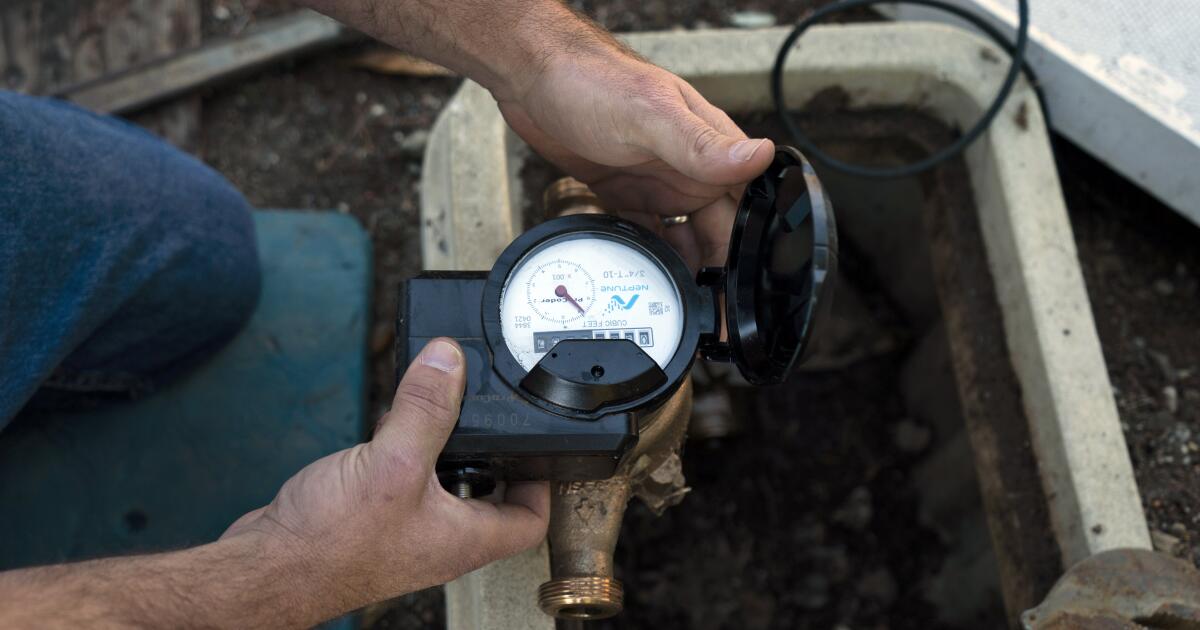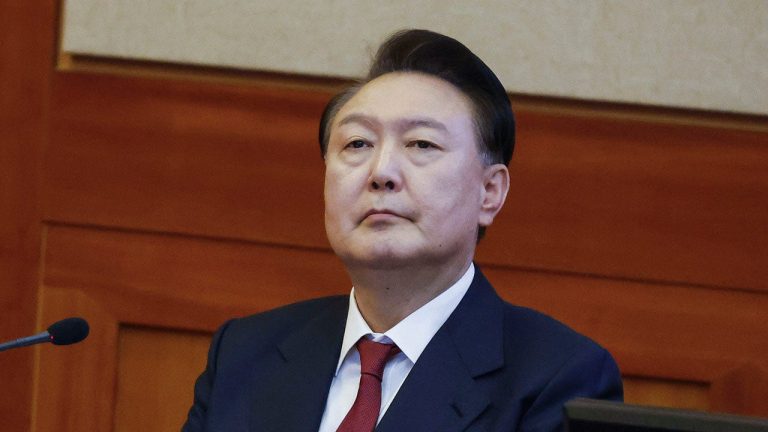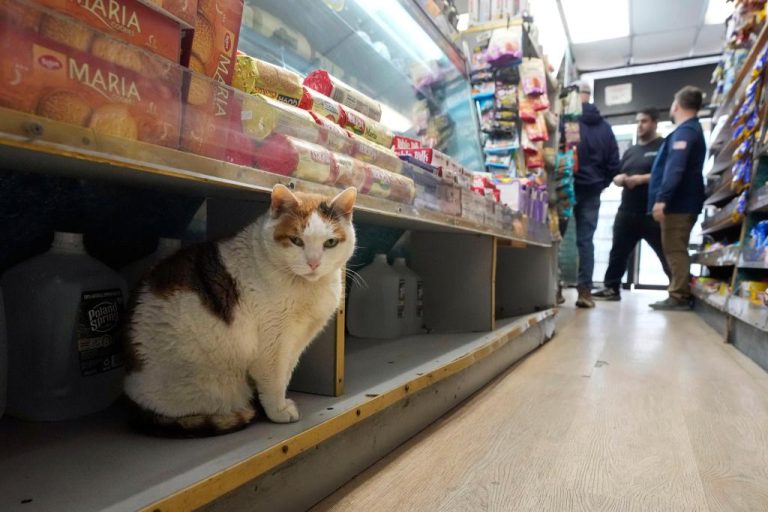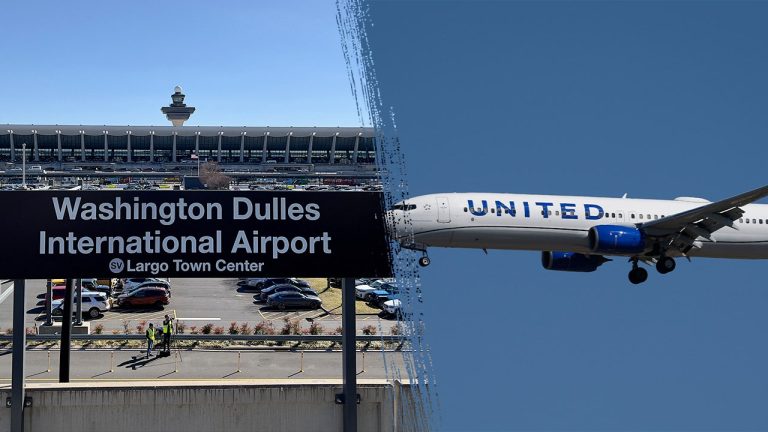
Years of complaints about billing mistakes and hours-long customer-service hold times have prompted San Diego officials to make sweeping changes to the city’s Water Department.
The changes include a new billing system, switching customer service software, new call routing, more payment options and a new policy alerting customers when their bill is being withheld for a leak investigation.
The city is also hiring more customer service workers, paying them more, expanding their training and putting new leaders in charge of their efforts.
In addition, the city plans to replace more than 250,000 outdated water meters still in operation with modern smart meters that are more accurate and allow customers to more easily understand and adjust their usage.
City officials said last week that the smart meters, which they expect to fully install by 2029, will likely make the biggest difference of all the upgrades.
The changes are already having a positive impact, but city officials said there have also been some growing pains and unforeseen complications.
Average hold times for customers calling the Water Department dropped from about two hours to 35 minutes in late summer. But they are back on the rise, thanks to floods of calls from customers receiving the new alerts about leak investigations.
The alerts aim to stave off the surprise to customers when they eventually get gigantic cumulative bills for many months of past service all at once. That has been happening because the city stops billing a customer when it launches an investigation into an unusual meter reading.
Because those investigations sometimes take months to complete, customers can eventually get hit with cumulative bills as high as $2,000 or more with no warning.
The alerts, which began in September, eliminate the surprise. But they have prompted thousands of customers to call the city with questions about why they are being investigated — increasing call volume and wait times.
Rancho Bernardo resident Dennis Temko was on hold for an hour and 20 minutes in late October.
“I think an hour-plus wait time for a phone call made in the middle of the day on a Thursday is an inordinate amount of time to wait on hold,” Temko said by email.
North Park resident Eugene Rotterman said being alerted about the investigation doesn’t make the situation any less frustrating.
“I have not received a bill since April 2023 and on Oct. 23 I received an email — first notification — from the water department stating that they are investigating an abnormal water usage and I will be receiving a bill after the investigation is complete,” Rotterman said by email. “This is ridiculous.”
These types of situations can be nearly eliminated with the addition of more staff and the installation of smart meters, city officials say.
The investigations have been taking much longer than they should because about one-third of the 70 customer service positions devoted to water bills were vacant before the recent hiring surge.
And the faulty readings that prompt the lion’s share of investigations are mostly the result of the city’s largely outdated meters — only 23,910 are smart meters, out of 286,087 meters in operation.
The new customer service software and procedures will also free up more representatives to handle investigations, in addition to allowing them to handle most types of calls more quickly.
Customer service representatives were among the many city workers awarded raises totaling 23 percent over three years during labor contract negotiations last spring.
That has helped fill many of the vacancies and boosted morale, city officials said.
But perhaps even more impactful has been the switch in customer service software to Amazon Connect.
“I don’t think I’ve ever seen so many actual individual people so happy with a new software,” Lisa Celaya, the department’s assistant director, said Thursday.
But Celaya said the smart meters will be key to fully solving the billing and customer service problems.
San Diego recently hired Jacobs Engineering to revive the city’s smart meter program, which was abandoned in 2018 due to lack of adequate staff to complete it. During the program’s six years, less than 10 percent of the city’s meters were converted.
Jacobs, which has installed more than 8 million meters for 75 water agencies, is conducting a three-month feasibility study to determine the best way to install the meters.
Then after two years of additional preparations, city officials said they plan to begin installing between 350 and 400 meters per day in 2026. At that pace, all customers could have smart meters by 2029.
Mayor Todd Gloria said he’s prioritizing water billing problems.
“When I’m at community events, people frequently pull me aside to express frustration over issues with their water bills,” the mayor said. “I completely understand those frustrations, and I want San Diegans to know that we recognize where the department’s customer service is falling short and are implementing changes to address longstanding systemic problems.”





